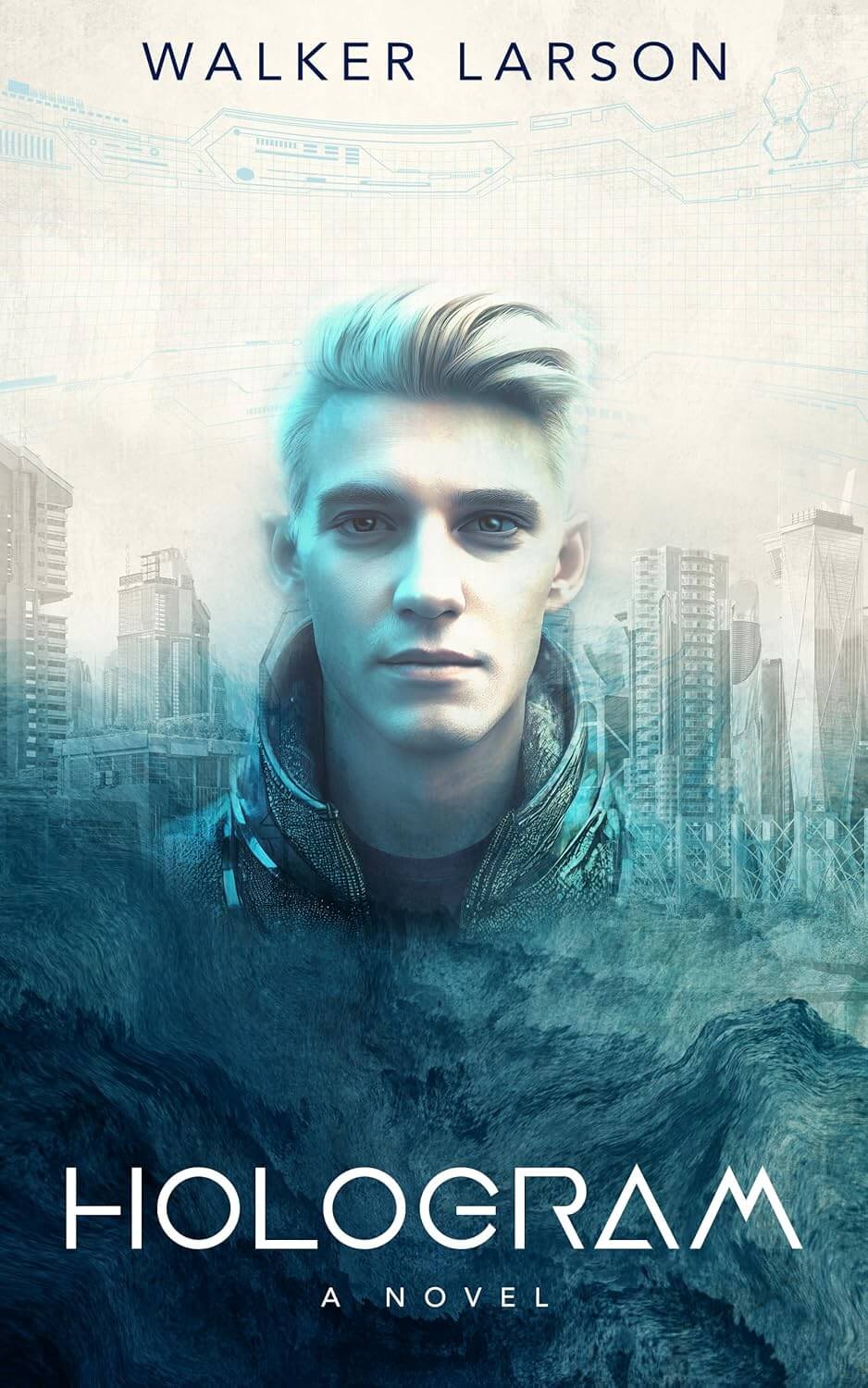Genre
Audience
Author’s Worldview
Catholic
Year Published
2023
Themes
Reviewed by
In a future America, wars are fought and populations controlled by incredibly realistic holograms. The holograms confuse on the battlefield, and keep civilians endlessly entertained—and passive—at home. No one can see through them—no one, except eighteen-year-old Aaron, who cannot see them at all. After his village is destroyed and his family enslaved, Aaron is taken captive by Votura and coerced into serving in their military, identifying which enemy forces are real and which are not. Showered with rank and privilege, can Aaron hold on to himself? What will it cost him to survive and find his family? And is he truly willing to pay that price?
This YA thriller invites the reader to join Aaron in an adventure as much about ethics as about action—although it has plenty of both. The novel has an ambitious arc, both in plot and in character development. Aaron’s slow journey to wisdom is, for the most part, realistically shown.
Aaron’s character development does remain static at times. This, combined with not getting to know Aaron quite as deeply as we ideally needed to, may sometimes leave the reader feeling frustrated with him. In all honesty, I would have quite liked to read this book in first person, not third (although that is partly a preference issue). But, overall, Aaron is a realistically flawed character, not above bullying his slaves and behaving arrogantly even when he has only just arrived in Votura and still regards himself as a mere village boy—a realistic portrayal of a rather normal teenage boy thrust suddenly into a position of power.
One interesting aspect of the story is that Aaron at one point embarks on something that, with different motivations, might have been a good, or at least acceptable, course of action—but he does so for the wrong reasons. The novel doesn’t shy away from the consequences of this.
The future America (a futuristic combination of the Aztec and Ancient Roman empires) is chillingly portrayed and makes an effective backdrop for Aaron’s scheming and for his moral dilemmas.
There is nothing explicitly Christian about the book, except for a brief, barely-plot-relevant mention of ‘the ancient religion’ at the end, and this book could be enjoyed equally by secular and Christian readers. Readers interested in themes of morality and freedom will find it especially of interest.
The book has a few flaws. Aaron’s brother Cole was a disappointing character. He starts the book as a truth speaker, as a hugely positive influence on Aaron, but rather than having a role in helping Aaron later on, he simply becomes lost along his way.
The idea that everyone was truly being satisfied and taken in by the holograms did feel more like a metaphor than something truly realistic, but it was easy to suspend disbelief, so it had little impact on the enjoyment of the book.
This book would suit fans of science fiction and of Young Adult and New Adult fiction. There is a minor romantic plotline, but politics and character development drive the book most of all.
Although there are some elements of this ambitious tale that could have been done better, I am still thinking about it a week after finishing it—and that means it got something very right indeed.



